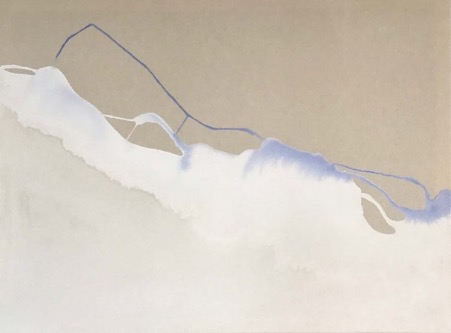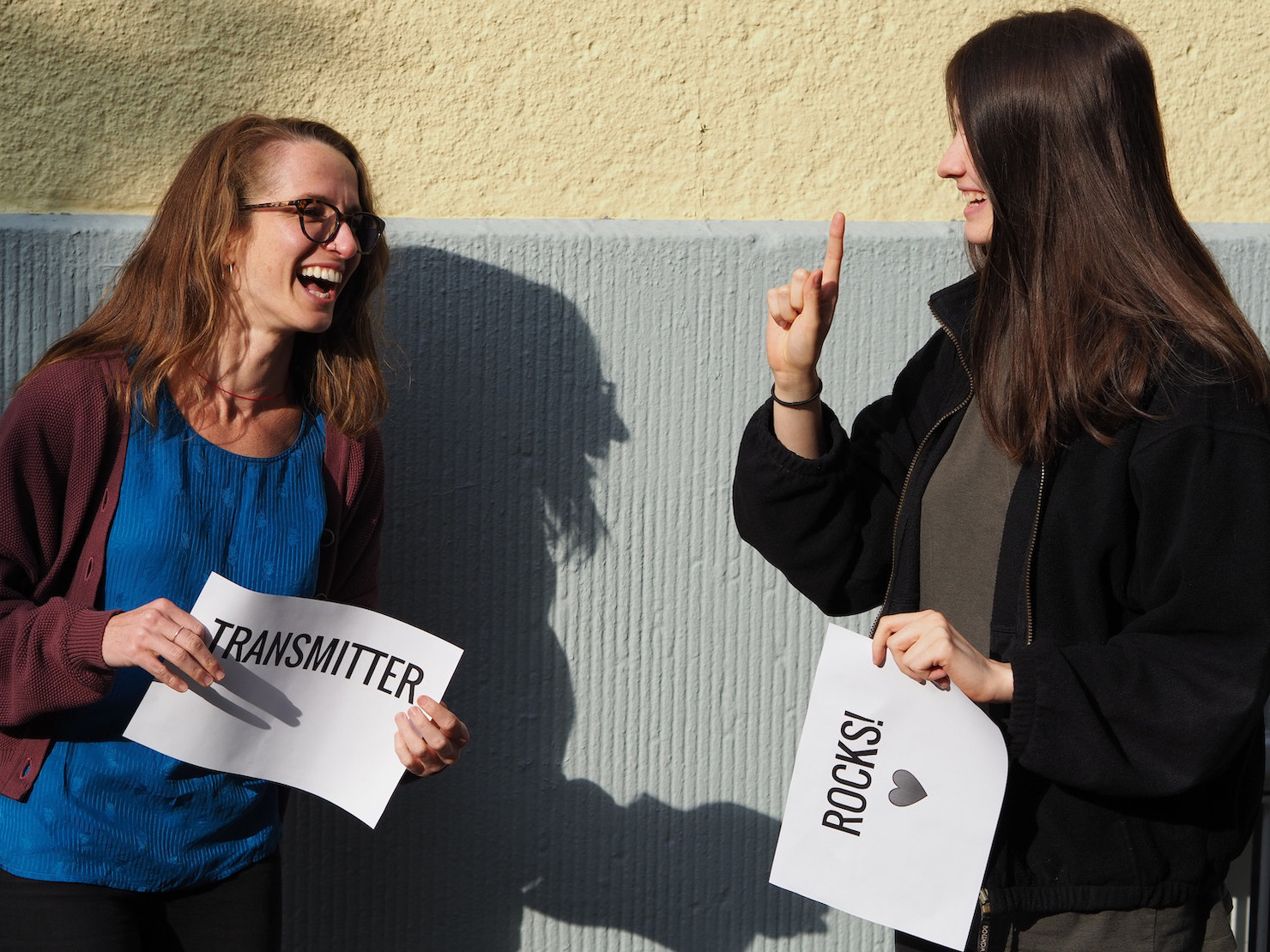EXHIBITION: “I CAN’T RECALL THE MELODY, BUT IT WAS BEAUTIFUL.”

Seven years ago Transmitter was just an off-space project which started in a living room in Neukölln. Over the years, the school has blossomed and evolved, with all of your support. For that, we’d like to thank you dearly!
Today, after six years in our current space in Allerstraße, we are happy to announce the next important step of our journey: from July 15th, Transmitter will be moving to a new space in Kreuzberg.
To celebrate this event and say good-bye to our beloved space in Schillerkiez, which has been our home for these past few years, please join us for a very special farewell exhibition.
From July 15th to July 21st, our space in Schillerkiez will be coverted to an exhibition space, our rooms stripped, baring naked the building’s architecture, to make room for a very special art show.
Transmitter is delighted to present “I can’t recall the melody, but it was beautiful”, an international group show by four artists who share some very intimate stories about estrangement and belonging, their struggles and quests for inner peace, dealing with the aftermath of personal decisions and historical events to show the scars we are all left with.
In this exhibition, four women from Germany, Japan and Australia will present paintings, photography and installation works and will also be present for the opening of the show.
Participating artists
Dana Engfer
Mara Klein
Monica Levy
Aya Onodera
All artists are based in Berlin.
curated by Vu Hoang.
Opening: Monday, July 15, 19:00 – 22:00
On Display: July 16 – 21, 2019
Opening times:
16-07: 16:00 – 21:00
17-07: 16:00 – 21:00
18-07: 16:00 – 21:00
19-07: 15:00 – 20:00
20-07: 15:00 – 20:00
21:00: 14:00 – 18:00
Header image: Monica Levy, „Tributary Blue“ (2018)
Dana Engfer
Dana Engfer (born 1981) lives and works in Berlin. She studied fine arts in Reykjavik (Listaháskóli Íslands) and in Paris (École des Beaux-Arts) before graduating in Berlin as a Master Student at Universität der Künste in 2007.Securing of evidence, and the examination of history and her own personal and familiar background, are central issues in Engfer’s art practice. In each work she incorporate a wide variety of media such as drawing, collage, photography and video.Engfer invents mysterious, fragmentary visual worlds with her works. She sees herself as a collector of different traces of time, memories and states of suspension, representing the atmosphere and story of specific environments by combining memory and fiction with documentary. Her works have been shown in numerous solo and group exhibitions worldwide.
Mara Klein
Mara Klein is a documentary photographer whose practice has an emphasis on long-term projects that allow her to build relationships with people and spaces. Her work revolves around questions of migration, belonging, and our impact on the environment.Her series ‘Fluchtpunkt’ retraces her father’s journey fleeing the GDR in 1975. 42 years later, the artist revisits his point of flight from the Eastern Bloc through the Danube River. The result is an intimate work on the life of a man, long before he became her father.
Monica Levy
Monica Levy was born in Sydney, Australia, where she experienced life as a teacher, an interior designer, a marketer for architects and fashion and film companies, before returning to school to complete her Bachelor of Fine Art at the National Art School, Sydney. Immediately after completing her studies, she travelled to Europe to immerse herself in the international art world and discover her own European ancestry.All of her works are seeded in the land of her birth and bloom once fully immersed in the environment of the present location. Her travels have led her from Australia through South East Asia to Europe. The challenges and struggles in finding her identity as a single, Australian woman with a French and German Jewish background has radically informed the work, and has been instrumental in developing an aesthetic that celebrates the beauty and mystery of the Australian landscape, woven through with the Mysticisms of the Orient while referencing European Minimalism and Abstract thought. Recurring themes include transition states, femininity and the spiritual. All works are united by motifs, materials and methods, almost always involving water as the fundamental force and communicative medium for the processes.
Aya Onodera
„Many different fragments of the world have touched my skin and my senses, and they all make their appearance on the canvas. That’s why I feel that a perfect sanctuary for my heart comes into being through painting.“










